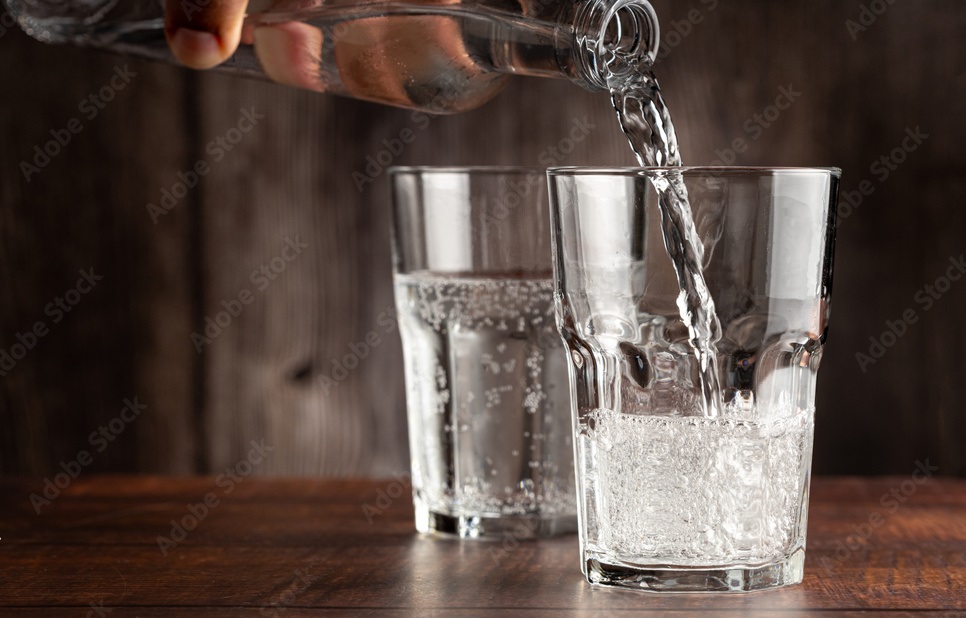Sparkling water is all the rage these days, offering a bubbly, refreshing alternative to regular water. But with any popular trend, there’s always a buzz about potential downsides. One question that keeps popping up is whether drinking too much sparkling water can lead to kidney stones. Let’s break this down and see what’s what.
What Are Kidney Stones?
Kidney stones are hard little nuggets that form in your kidneys from minerals and salts. They can be super painful and are caused by various factors like your diet, how much you weigh, certain health conditions, and even some medicines. The most common type is made of calcium oxalate.
Role of Hydration
Staying hydrated is crucial for keeping kidney stones at bay. Drinking enough water helps dilute the stuff in your urine that can turn into stones. But does it matter if your water is fizzy?
Sparkling Water vs. Still Water
Sparkling water, or carbonated water, is just water with carbon dioxide gas added under pressure. This makes it bubbly. There are a few types:
- Club Soda: Has added minerals like sodium bicarbonate and potassium sulfate.
- Seltzer: Just plain water with bubbles, no added minerals.
- Mineral Water: Naturally fizzy from a spring, with various minerals.
Concerns About Sparkling Water
- Acidity: Sparkling water is a bit acidic because of carbonic acid, which forms when carbon dioxide dissolves. But this is pretty mild compared to sodas or juices. While sodas have a pH of around 2.5, sparkling water is usually around 3-4. This mild acidity isn’t enough to cause kidney stones.
- Calcium and Minerals: Some sparkling waters, especially mineral waters, have more calcium. Calcium is important, but too much might contribute to stones in some people. However, the calcium levels in mineral water usually aren’t high enough to worry about.
- Sodium Content: Club soda can have added sodium. High sodium can increase the amount of calcium in your urine, potentially leading to stones. If you’re prone to kidney stones, choosing low-sodium or sodium-free sparkling water might be a good idea.
What Does Science Say?
Research doesn’t really back up the idea that moderate sparkling water consumption causes kidney stones. A study in the “American Journal of Epidemiology” didn’t find a significant link between carbonated beverage consumption and kidney stones when looking at sparkling water separately from sugary sodas.
Most kidney stone prevention advice focuses on reducing high-oxalate foods (like spinach and nuts), watching sodium intake, and drinking plenty of fluids. The type of water matters less than just drinking enough.
Practical Tips
Love your sparkling water but worried about kidney stones? Here are some tips:
- Stay Hydrated: Make sure you’re drinking enough fluids every day. About 2 liters (8 cups) is a good general target, but this can vary.
- Go Low-Sodium: Choose seltzer or naturally carbonated mineral water with low sodium content.
- Eat a Balanced Diet: Keep your diet rich in fruits and veggies, and be mindful of high-oxalate foods if you’re prone to stones.
- Talk to Your Doctor: If you’ve had kidney stones before, it’s a good idea to get personalized advice from your healthcare provider.
Bottom Line :
In moderation, sparkling water is a safe, hydrating choice for most people. There’s no solid evidence that it directly causes kidney stones. It’s all about balance—enjoy your bubbly drink, stay hydrated, and keep your diet in check.
Also Read :
